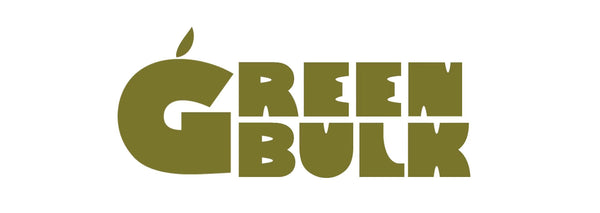1
/
of
1
greenbulk
Natural Medjool Dates, 15 lbs / case
Natural Medjool Dates, 15 lbs / case
Regular price
$86.89 USD
Regular price
Sale price
$86.89 USD
Unit price
/
per
Couldn't load pickup availability
Fresh Natural Fancy Medjool Dates
No Fat. No Cholesterol. Healthy and Delicious
$86.89 per case (15 lbs). Only $5.79 per pound
